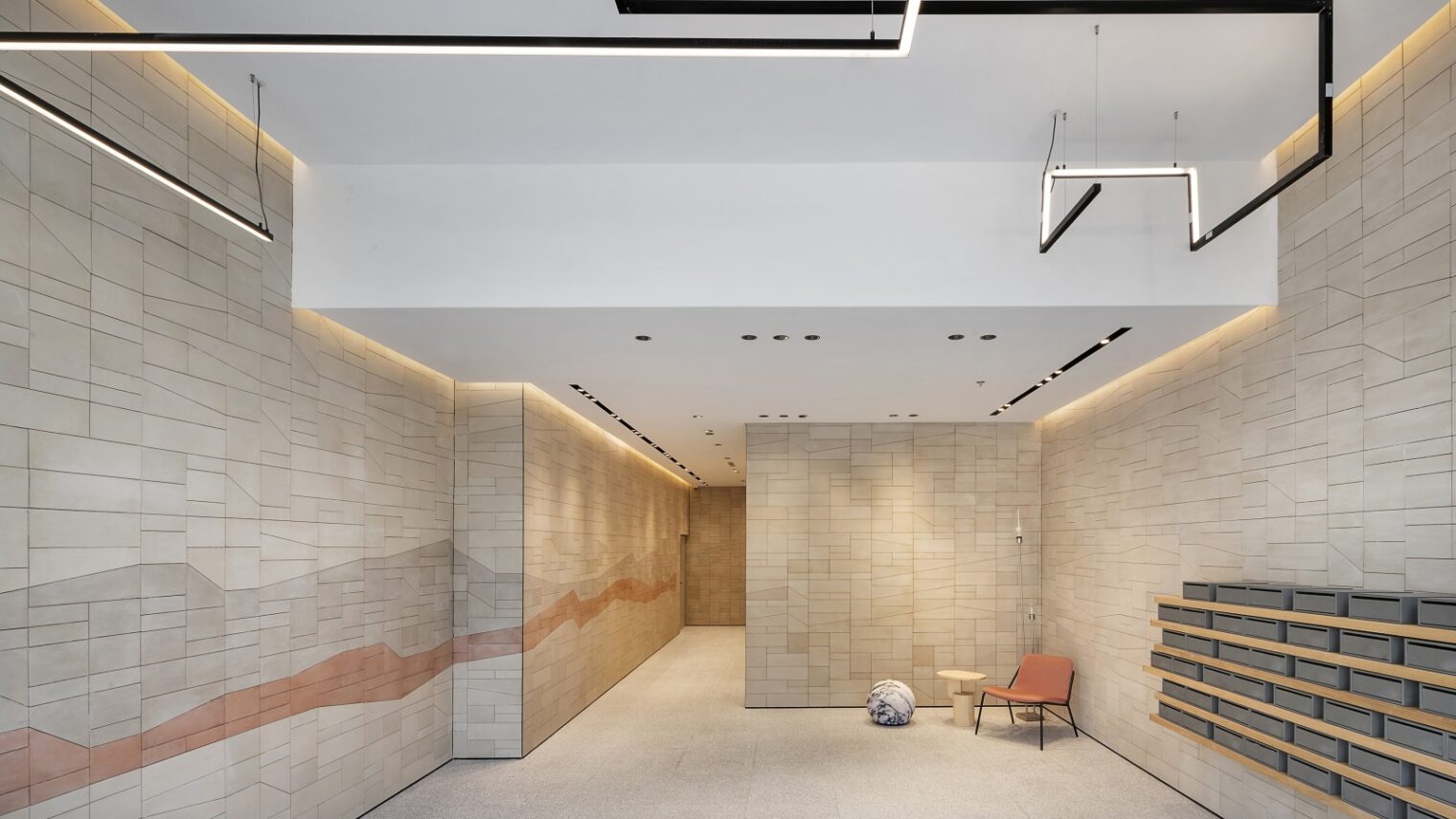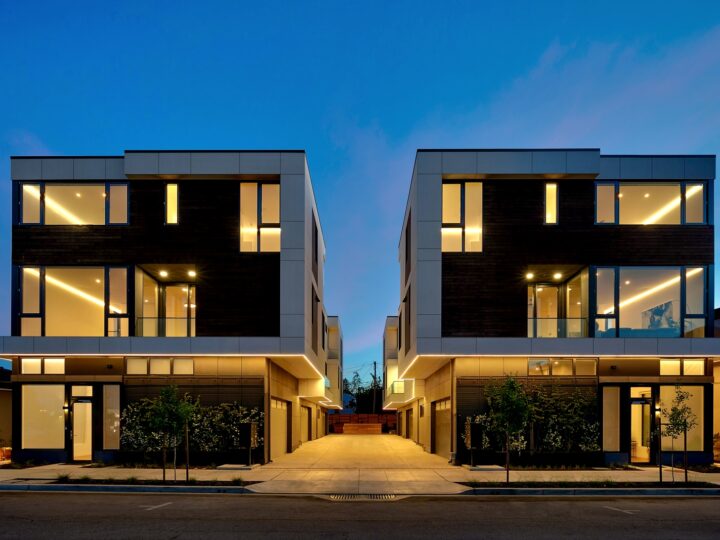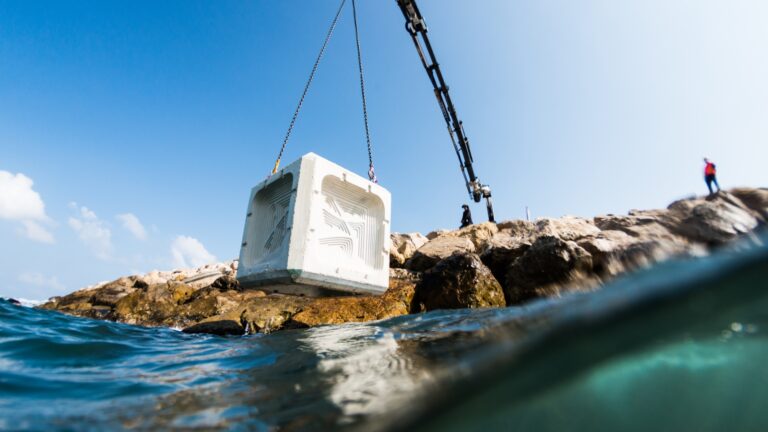Adital Ela found her inspiration in a teacup.
On her travels after earning a master’s degree in sustainable design from Design Academy Eindhoven, she discovered the India chai cup — an unfired clay mug that gets discarded in the ground for decomposition at the end of its useful life.
Ela turned this concept into Terra, a line of compressed-earth products such as stools and lamps that “come from dust and return to dust,” she says.
A few years ago, she realized that bringing sustainability to building materials would be the most impactful way to combine her interests and her background as the scion of a family of builders in Jerusalem.
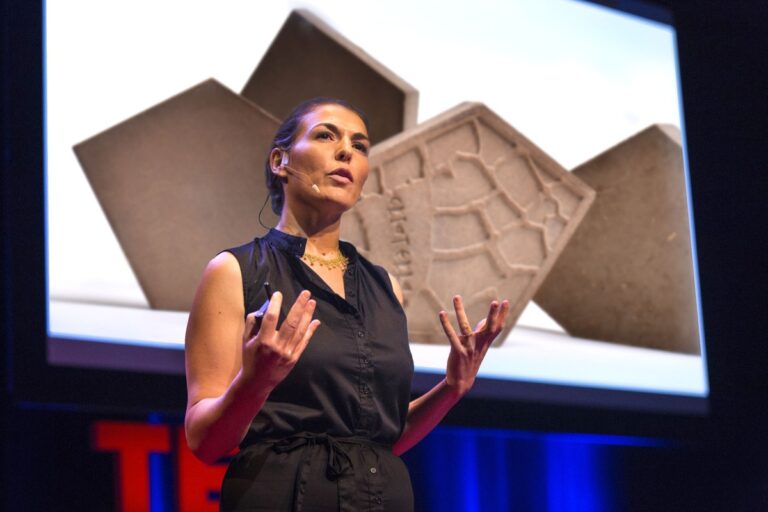
“That’s when I transitioned into a startup that focuses on innovating cost-efficient, sustainable and scientifically advanced building materials, with the help of a highly talented team,” she tells ISRAEL21c.
Criaterra Innovations in Holon is now introducing its precast construction materials made from restructured, locally sourced natural or recycled materials.
Local and environmentally friendly
“The formulation is designed through an algorithm we developed,” says Ela.
The wall tiles – and soon to follow, cladding and load-bearing masonry blocks – begin with materials such as non-soluble minerals including concrete and asphalt industry leftovers.
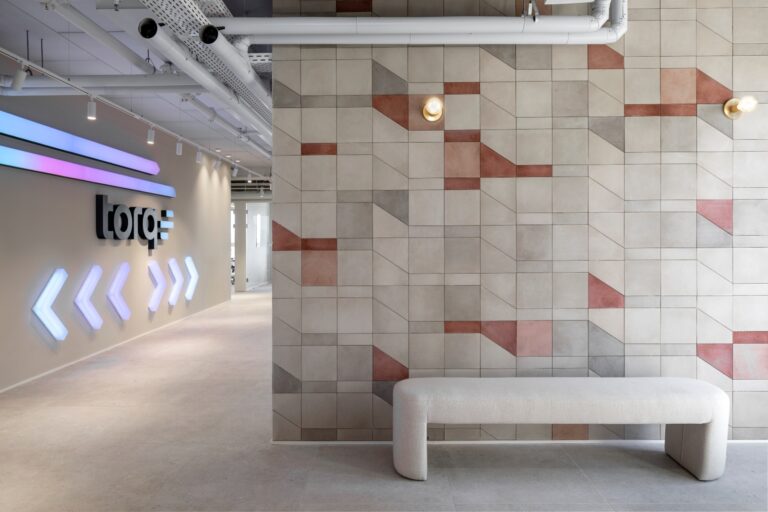
The pilot production line in Israel serves only the domestic market. With sustainability and the circular economy a foremost priority, Criaterra products will always be made in facilities close to the building site.
“In each geography we’ll adapt the formulation to use locally available materials,” says Ela.
“For our first industrial line in Portugal, we created a formulation using sustainable resources from the Iberian Peninsula in the area of the factory. At the end of their life, buildings should be able to be restructured into new products, and Criaterra allows that at the local level.”
Moreover, Criaterra bio-geo stone is not fired at ultra-high temperatures as cement and ceramic tiles normally are.
Lower temps keep the material “alive” and able to return to its original state and requires dramatically less energy.
“We produce our precast products without going beyond the boiling point of water, achieving the strength of concrete while saving 80 percent of the CO2 emissions and 90% of the energy,” Ela tells ISRAEL21c.
One of a kind
Criaterra’s building materials meet standards for all types of construction projects, at a price point similar to products currently in use.
“We don’t want people to pay a ‘green premium’ and we don’t want them to use different installation processes. We want to reduce barriers to adoption in every aspect,” says Ela.
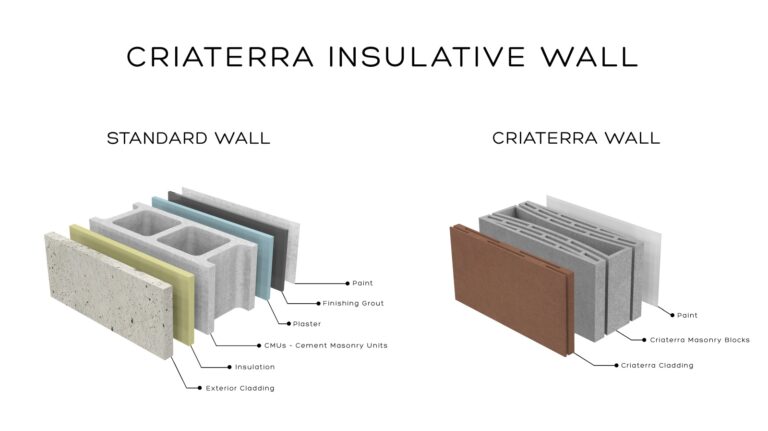
The tiles are available in different colors, coming from the natural hue of the source material as well as the addition of iron oxide.
“This is a market that is very connected to design and fashion so we have to be able to play with a variety of colors,” says Ela.
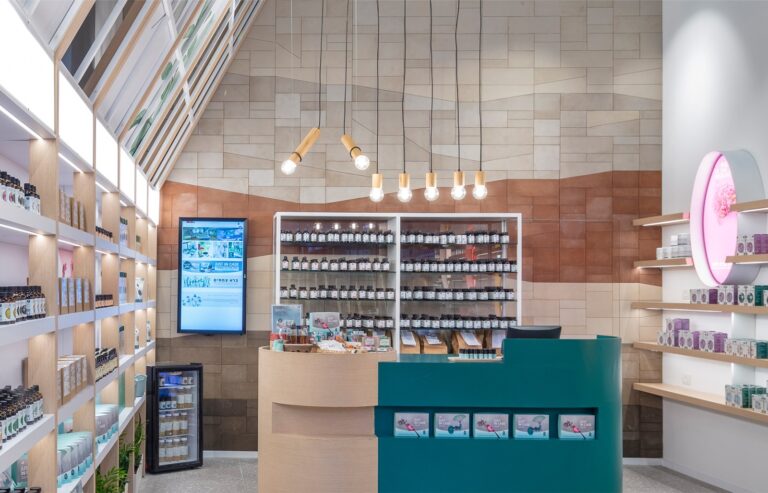
Criaterra doesn’t have much in the way of direct competition.
“There are fired tiles made with a certain amount of recycled content, and some companies are trying to create tiles from recycled glass or with renewable energy, but Criaterra is the only non-fired tile we know of,” says Ela.
While many companies are seeking to reformulate cement used in masonry blocks, she adds, “we are not replicating the approach in the cement industry but rather developing a way to create pre-cast products with zero cement and many added benefits. Our technology can be applied in a short amount of time with low investment because we are quite advanced.”
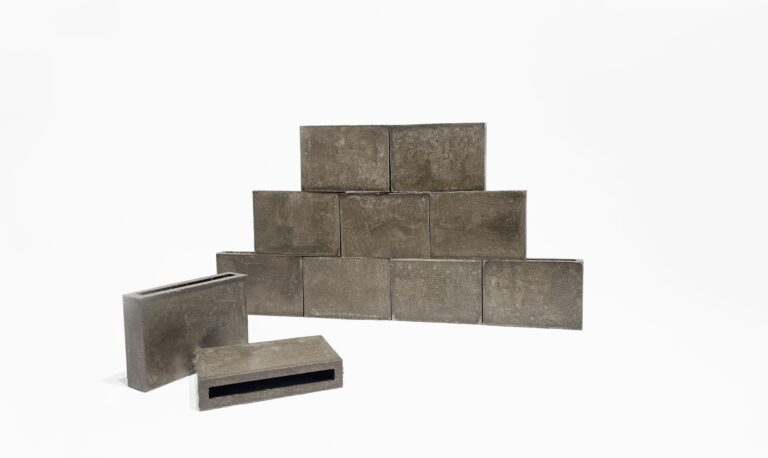
Criaterra signed its first joint venture agreement in Europe and is working toward its first full-scale industrial line.
Companions for the journey
For 15 years, Ela was a senior lecturer in social-environmental design studies at the Holon Institute of Technology.
“I left HIT a year and a half ago to focus on Criaterra Innovations full time,” she says.
The name of the company incorporates the former one, Terra, and adds “cria” which in many languages signifies creation and growth.
The business, which employs 18 people, received finding from the Israel Innovation Authority and won more than 2 million euros of grant money and 2 million euros in equity from Horizon 2020’s European Innovation Council Fund.
“We’ve installed over half a million units in Israel, Europe and Asia, and will have our first installation in the United States soon,” says Ela.
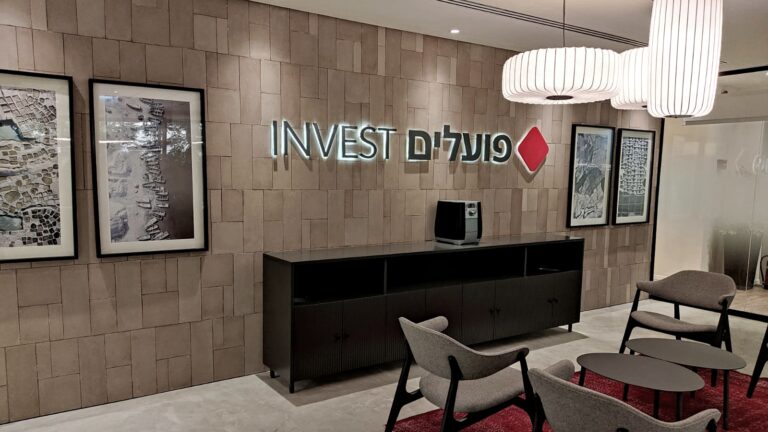
“To really impact the building market, we have to collaborate with significant players that are driven by the mission of introducing sustainable solutions to this industry, from a manufacturing, financial and marketing point of view,” says Ela.
“Just as it takes a community to grow a child, it takes a community to grow a sustainable product like this and we are looking for our allies for this journey.”
For more information, click here.




